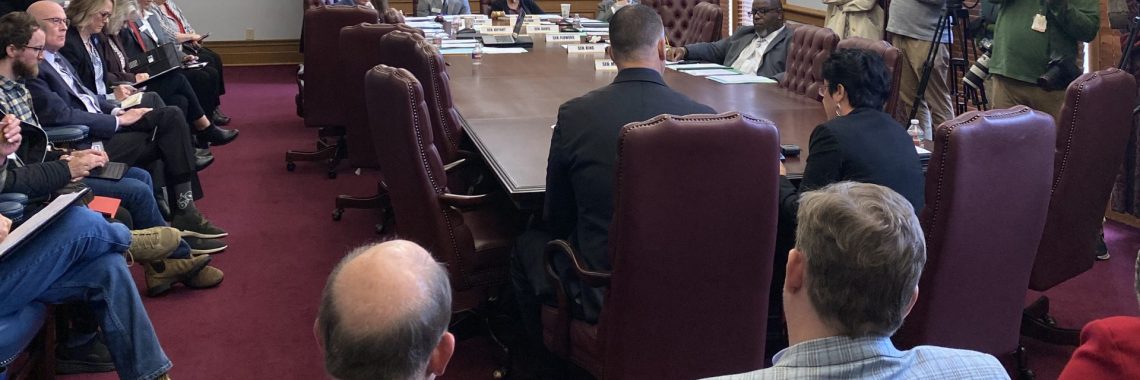Senate Education Committee Rejects Pro-Life Ultrasound Education Bill

On Wednesday, the Senate Education Committee rejected a good bill that would help provide public school students in Arkansas with appropriate education about unborn children.
H.B. 1180, The Baby Olivia Act, by Rep. Mary Bentley (R — Perryville) and Sen. Clint Penzo (R — Springdale) ensures public schools show students a recording of a high-definition ultrasound video that is at least three minutes long as part of sex-education and human growth and development education courses.
It also lets students see a video like Live Action’s computer-animated “Meet Baby Olivia” video that teaches about human development from conception to birth.
The bill passed with overwhelming support in the Arkansas House, but the Senate Education Committee failed to pass H.B. 1180 on Wednesday morning.
The bill is backed by the Arkansas Surgeon General, pro-life OB/GYNs, and various pro-life groups and leaders in the state.
Pro-abortion groups like the Arkansas Abortion Support Network, For AR People, and the liberal medical organization ACOG oppose H.B. 1180.
This is the second time the Senate Education Committee has refused to pass this good bill.
H.B. 1180 narrowly avoided a “Do Not Pass” motion from the committee on February 10. After that, Rep. Bentley and Sen. Penzo amended the measure to help address questions and concerns some of the Senate Education Committee members expressed about it.
Passing a bill in committee requires five votes, but only four senators voted for H.B. 1180. Three senators voted against the bill, and one senator chose not to vote.
The Following Senators Voted FOR H.B. 1180:
- Sen. Jim Dotson (R — Bentonville)
- Sen. Joshua Bryant (R — Rogers)
- Sen. Dan Sullivan (R — Jonesboro)
- Sen. Bryan King (R — Green Forrest)
The Following Senators Voted AGAINST H.B. 1180:
- Sen. Stephanie Flowers (D — Pine Bluff)
- Sen. Breanne Davis (R — Russellville)
- Sen. Reginald Murdock (D — Marianna)
The Following Senator Did Not Vote:
- Sen. Jane English (R — North Little Rock)
Articles appearing on this website are written with the aid of Family Council’s researchers and writers.





